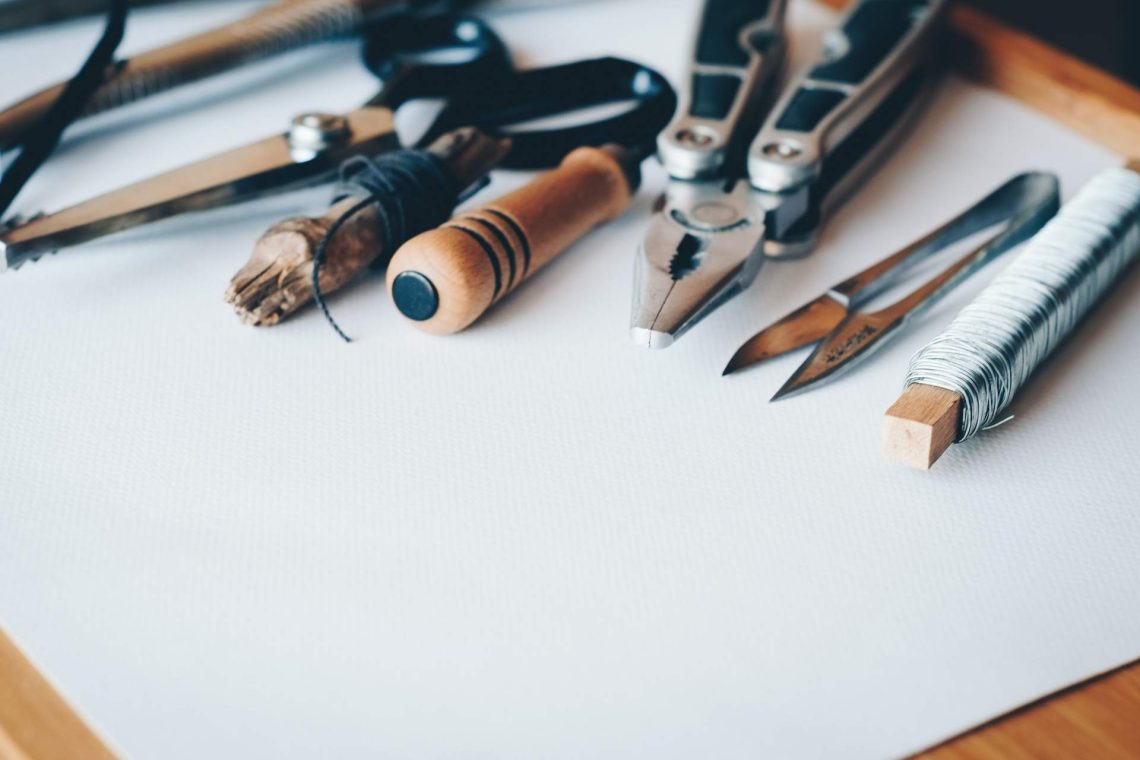
A Beginner’s Guide To Home Repairs And Projects You Can Do On Your Own
Let’s try something different today 🙂
When you have your own home, it is a dream come true! You can take pride in that ownership and what the place offers. There are many things you may have a desire to change. This can be simple things such as painting or adding new lighting. Other home repairs and projects take more time but they are worth the effort. Many of them, you can tackle on your own. It is less expensive than hiring a contractor.
Don’t let the thought of projects intimidate you! Think about what you want and learn how to do it. The internet is full of tutorials and videos to walk you through the steps. They share best practices so you can avoid common pitfalls. Complete one project at a time so you don’t feel overwhelmed with it. If you plan to redo an entire room, tackle one part of it at a time.
The Tools for the Job
Hopefully, you own some basic tools to help you with repairs and projects around the house. If not, it is worth investing in some decent tools you can use. For specific projects, you may need to buy or rent specific tools. If a tool is expensive, and you only need to use it once or twice, see if your local hardware stores rent them by the day. You can also ask a friend or family member if they have what you need. Make sure you return any tools you borrow.
The quality of tools varies, and you don’t need the most expensive ones. Make sure the quality is there or they will break. You will spend more replacing them than you would have gone with something better from the start. If someone asks what you need when you move into a home, don’t be shy! Give them some ideas, including basic tools if you don’t already have them.
Some basic items to include in your tool set are:
- Adjustable wrench
- Claw hammer
- Circular saw
- Cordless drill
- Duct tape
- Glue
- Hand saw
- Level
- Pliers
- Screwdriver with interchangeable ends
- Step ladder
- Stud finders
- Tape measure
- Utility knife
If you plan to paint any areas of your home, make sure you take measurements and buy the right amount of paint. Prepping the walls before you paint influences how good it will look when it is done. Don’t rush that part of the project! Fill in any nail holes and patch any areas of the wall that need it. Wash the walls down with soap and water and dry them before you apply paint.
Tape around the edges and doors so you don’t get paint on the trim or the door knobs. If you aren’t replacing the flooring, put plastic down so you don’t get drips of paint on the flooring. Buy quality brushes because the cheap ones tend to have bristles that come out and dry in the paint you apply. Don’t buy cheap paint either, it won’t last long and it tends to take more coats than a quality brand.
Uses your Skills
When it comes to home repairs and improvements, many people have to learn new skills. You may know something about plumbing and carpentry and that can help you with many projects. It is best to leave electrical projects to an expert as they are risky. You can get electrocuted if you aren’t careful. If you wire something wrong, it can cause a fire.
Any home tasks that require someone with a professional license is best left to those with the specific training. Otherwise, don’t be afraid to dive in and see what you can do. Take your time and learn as you go. Practice safety too so you don’t get hurt or hurt someone else while you take care of home repairs or projects. You will feel very proud of what you completed when the job is done. That can motivate you to tackle the next project on your list.
Enlist the help of your friends and family members if they have skills you can benefit from. Someone you know may be excellent working with drywall or building shelves. Others may be terrific with installing new locks on the doors or replacing the screens on windows. You can barter with them and offer your talents in exchange for their work. You can also pay them an agreed upon price for their assistance.
Stay within your Budget
While it makes sense to stay within your budget for home repairs and projects, don’t cut corners. Poor quality materials will show through when the project is done. You will be disappointed with how it looks. You may have to redo the work again in the near future, costing you more the second time around. Never cut corners with any materials or procedures that would compromise the safety of what you work on.
For more expensive projects, save up the funds over a few months. Avoid putting the cost on your credit card. The family may agree to save faster for the project by eliminating extras such as eating out or forgoing a family vacation that summer. An investment in your home is hard to pass up, but try to balance that with fun for the family too.
For home repairs, many of them are pressing and can’t wait. If you don’t take care of them timely, it can turn into a major issue and that increases the cost involved. Try to put money into savings for emergencies including home repairs so you have the funds available when you need them.
Find the Time
Most of us already have a busy schedule, so adding home repairs or projects to the schedule isn’t easy. Don’t start a project if you don’t have the time to finish it! Can you cut out other activities and get the work done in a few days? Can you take some vacation time from work? If you are off on the weekends, perhaps you can take a day or two the following week to get the job completely done. Then you don’t have to wait for the next weekend to roll around to work on it.
A positive mindset and a desire to complete the project will get you through it. Rely on resources online, ask for help when you need it, and have fun with the project! Take before and after pictures so you can compare the difference! This may inspire you to take on some larger home repairs or home projects in the future!


